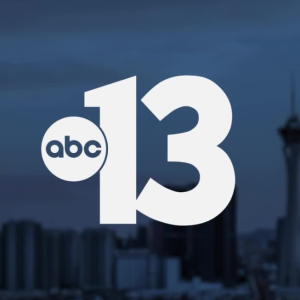LAS VEGAS (KTNV) — Nevada lawmakers will soon be able to help more youth on the autism spectrum.
On Monday, Governor Joe Lombardo signed Senate Bill 411 into law. The bill requires the juvenile court to establish an appropriate program for the treatment of children diagnosed with or suspected to have autism spectrum disorders to which it may assign a child who is alleged or adjudicated to have committed a delinquent act."
Judge Soonhee Baily runs the detention alternative for autistic youth treatment court. She said a lot of these children aren't necessarily violent, sometimes they can behave aggressively towards themselves and other people.
"The majority of what we see is battery, domestic violence on their parents and on protected person, which are officers who respond to the scene," Baily said. "We also will see things such as maybe malicious destruction of property. Sometimes, we also see terroristic threats where they mimic what they see on TV or what they hear in order to get attention or get out of school."
Bailey said a specialized court is important so services can provided to help children and keep them out of the criminal justice system.
"It came to the attention of our court that more and more youth on the spectrum or suspected of being on the autism spectrum were coming into delinquency court," Bailey said. "They do have very different needs so we need to address their specific needs. Many of the youth that come before us do not even have the appropriate diagnosis. We don't want to keep them detained. The key is to provide services to make sure they have what they need so they become productive members of society."
Bailey said the program has been successful so far.
"Since 2018, we have graduated 67 youth from our program and only six have come back," Bailey said. "Additionally, we have 32 active youth participants in our program and we get one to two referrals a week."
Bailey said the court gets calls from across the nation asking how the program works and what they're doing. Bailey added that so far, this is the only program in existence in the country.





